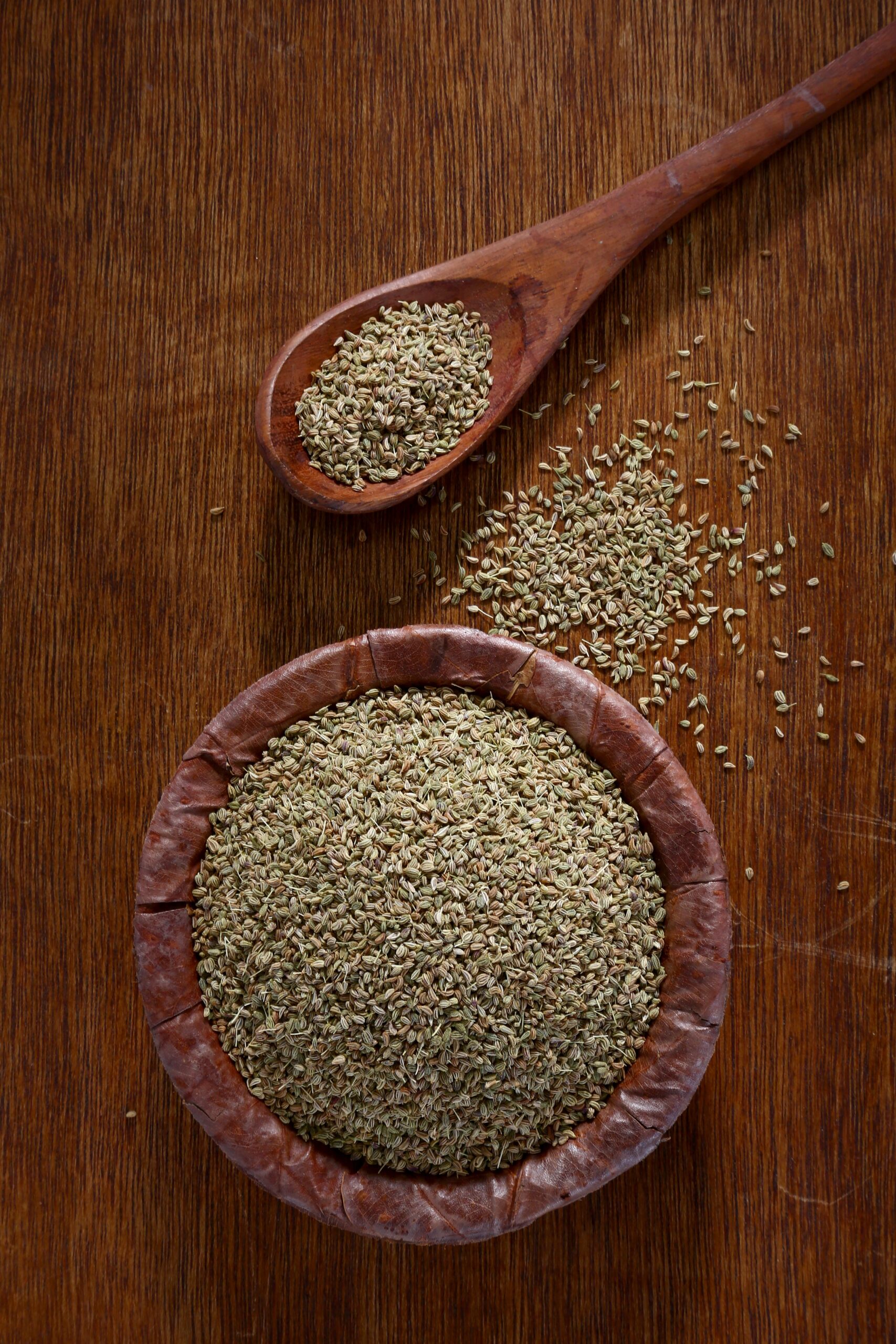 If you’ve ever eaten a crisp Indian paratha or crunched into a savory snack and wondered what gave it that warm, slightly peppery kick, chances are you’ve tasted ajwain. These little seeds might look unassuming, but they bring a lot of flavor—and plenty of old-school wisdom—to the kitchen.
If you’ve ever eaten a crisp Indian paratha or crunched into a savory snack and wondered what gave it that warm, slightly peppery kick, chances are you’ve tasted ajwain. These little seeds might look unassuming, but they bring a lot of flavor—and plenty of old-school wisdom—to the kitchen.
What Is Ajwain?
Ajwain (pronounced uhj-wine) is the Hindi name for what’s known in English as carom seeds. Despite looking a bit like cumin or caraway, they come from a plant in the parsley family and have a flavor all their own. The tiny, ridged seeds carry a bold, thyme-like aroma that’s instantly recognizable.
You’ll often see carom seeds in Indian, Pakistani, and Middle Eastern cooking, valued not only for their punchy taste but also for their traditional role in aiding digestion.
Quick Facts About Ajwain (Carom Seeds)
- What it is: Tiny seeds from the ajwain plant, also called carom seeds or bishop’s weed
- Flavor: Strong, thyme-like, pungent, slightly bitter with a warming aroma
- Best in: Parathas, pakoras, pooris, chutneys, lentils and digestive teas
- Special note: Known in Ayurveda for aiding digestion and soothing bloating
- Storage: Keep in an airtight jar, cool and dark; best used within 6–12 months
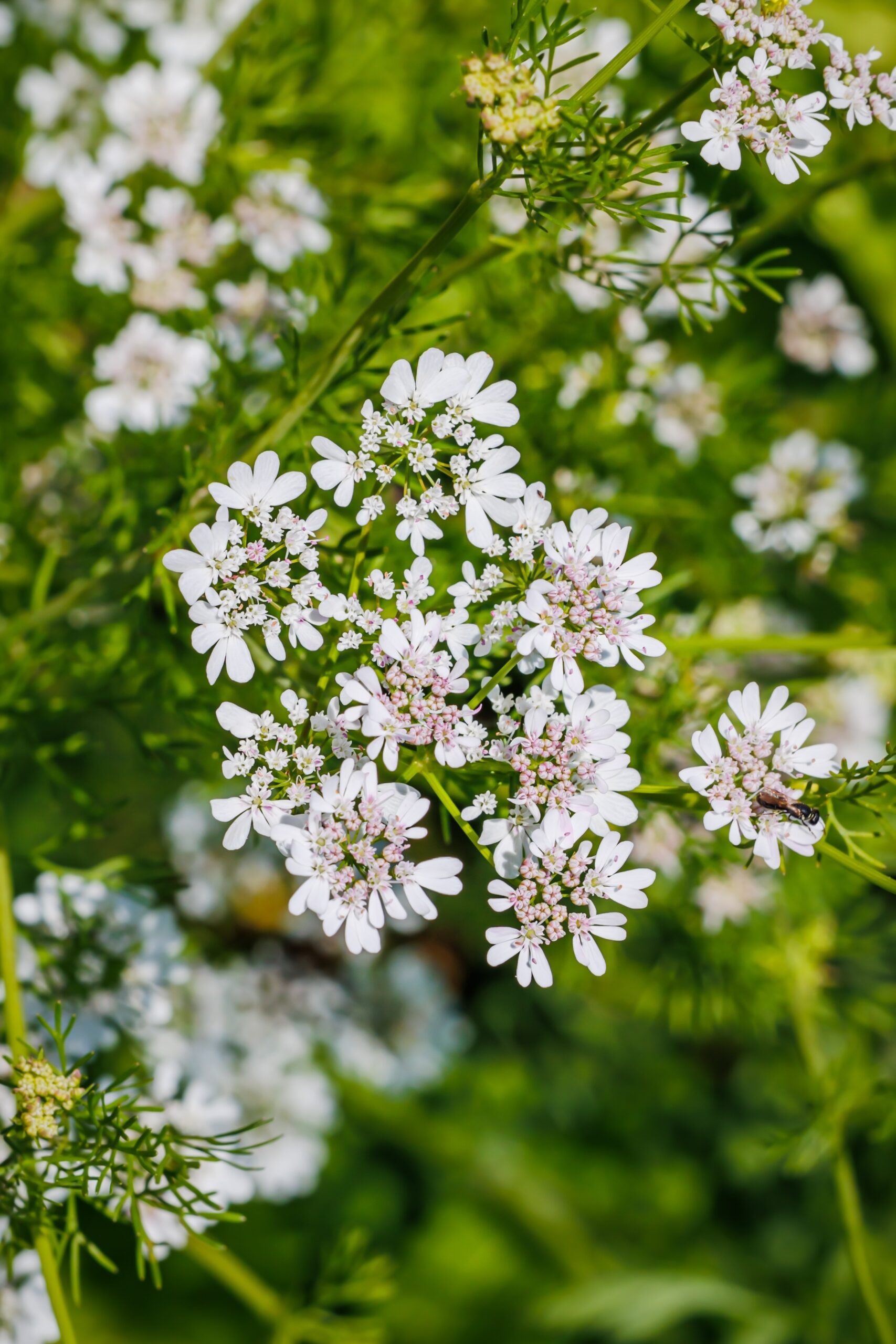
What Does It Taste Like?
Ajwain has a bold flavor that can surprise you the first time you try it. It’s:
- Strong and herbal
- A little bitter
- Warming, almost like oregano or thyme, but sharper
Because of this intensity, recipes usually use ajwain in small amounts—sometimes just a pinch is enough to season a whole dish.
A Short History
Ajwain has been used in South Asian kitchens and traditional medicine for centuries. In Ayurveda, it’s known for helping with digestion, coughs, and even toothaches. Traders carried it along ancient routes from Persia into India, and it became a staple in spice blends and home remedies.
Today, you’ll find it in kitchens across India, from simple village households to big city restaurants.
How to Cook with Ajwain
The most important thing to know: don’t eat it raw —it’s way too intense. But once you cook it in hot oil or dough, its sharpness mellows out into a warm, savory flavor.
Here are some common ways to use it:
- Tempering (Tadka): Heat ghee or oil, toss in ajwain seeds, and let them sizzle for a few seconds before adding other ingredients.
- Breads: Ajwain is often kneaded into dough for parathas, puris, and naan to give them an earthy kick.
- Snacks: Many Indian savory crackers (like mathri) use ajwain for both taste and digestibility.
- Curries: A pinch can lift lentil dishes, chickpea stews, or spiced potatoes.
You’ll find ajwain in many classic recipes, such as:
- Ajwain parathas: Flatbreads with carom seeds mixed into the dough
- Mathri: Crispy, savory crackers often enjoyed as a snack
- Spiced potato sabzi: Simple stir-fried potatoes with ajwain and turmeric
- Lentil soups: A pinch added to tadka for extra depth
- Pakoras: Fritters flavored with ajwain for a warming note
- Homemade pickles: Used to boost flavor and aid digestion
Health Benefits
Ajwain isn’t just about flavor. It’s been used in home remedies for generations:
- Digestive Aid: Probably its most famous role. Ajwain can help relieve gas, bloating, and indigestion. Some people chew a few seeds after a meal (Sources 1, 2, 3)
- Antimicrobial: Studies have shown ajwain has antibacterial and antifungal properties. (Sources 1, 2, 3)
- Respiratory Support: In traditional medicine, it’s sometimes used to ease coughs and asthma symptoms. (Sources 1, 2)
- Pain Relief: Ajwain oil is applied externally for joint pain and muscle aches in folk remedies. (Sources 1, 2)
While it’s no miracle cure, it’s a handy spice to have in your pantry if you love legumes and heavier meals.
Buying and Storing
You’ll find ajwain in any Indian grocery store or spice shop. Look for seeds that are uniform in color and smell fresh.
To keep them at their best:
- Store in an airtight container
- Keep away from light and moisture
- Use within a year for the most potent flavor
Final Thoughts
Ajwain is one of those ingredients you might not know you were missing until you try it. Whether you’re seasoning bread dough, spicing up lentils, or simply exploring Indian cooking, these little seeds bring a punch of flavor and a touch of tradition to your kitchen.


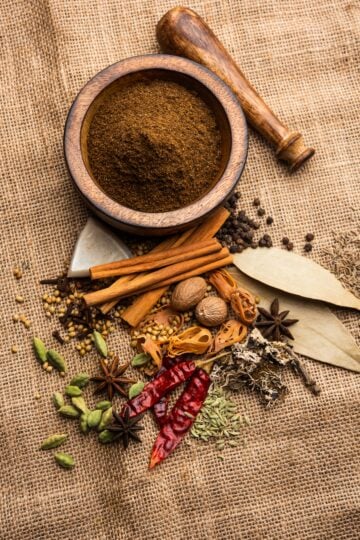
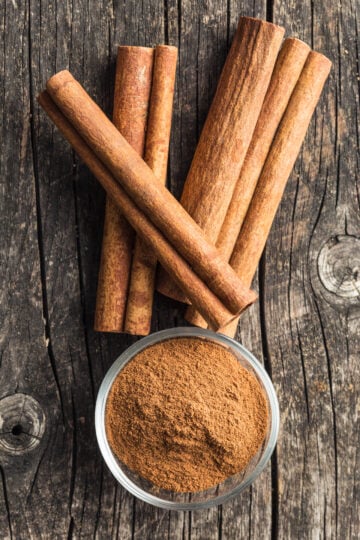
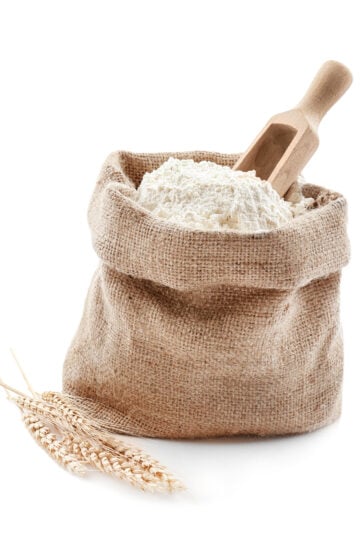
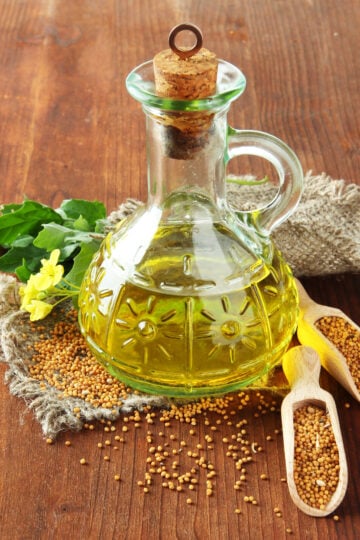
Have a question or something to share? Leave a comment below!